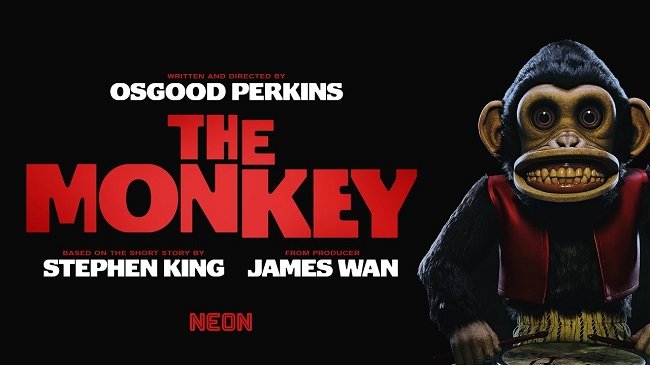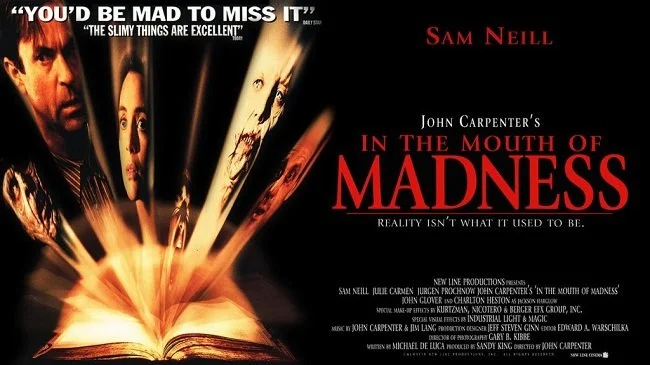Lake Mungo (2008)
Do not be fooled by the marketing and artwork for Lake Mungo. It is not a found footage movie but in fact a faux documentary. If you are looking for cheap scares, loud noises and unpleasant imagery, then you will be disappointed. Lake Mungo is not your standard exploitation fodder. If however you like well constructed movies that create a genuine sense of disquiet, then Lake Mungo is a must see. Once again Australian cinema has managed to produce an innovative and thoughtful entry to a popular sub-genre. The film demonstrates a great understanding of the mechanics of a ghost story and how they should be handled.
The story centres around the Palmer family whose teenage daughter Alice drowned on a family holiday. The movie is shot in the style of a TV documentary, with talking heads, home video footage and recorded phone calls to the emergency services. The performances are very understated and very plausible. The opening scenes quickly establish a very credible depiction of a family coming to terms with loss. Performances by the three leads (Rosie Traynor, David Pledger and Martin Sharpe) are universally good as the Palmers. Shortly after Alice's funeral paranormal activity starts to happen within the house. The Mother is plagued by a recurring dream and the Father sees a manifestation of Alice. Matters are further confused by some photographic evidence that may indicate that Alice is not dead.
All these events are handled in a very understated and measured fashion. As the story progresses and the strain takes its toll on the Palmer family, we are introduced to a medium Ray (Steve Jodrell). Unlike other movies, this is a very sympathetic depiction of the profession and it adds a very different aspect to the narrative. The interview sessions and seances do not necessarily produce the results the viewer expects but like so many elements of Lake Mungo, these subtle sub-plots all have relevance and are tied up as the story progresses. There are several false positive events that occur as the film proceeds (one that particularly reminded me of Ghostwatch) which muddy the waters. This really helps add a credible element of doubt with the audience.
The pivotal plot moment occurs when Alice's Mother discovers her daughter’s secret. It is a terribly sad turn of events and it is purposely ambiguous in some of its details. One of the major themes of Lake Mungo is that of the transition of Alice Palmer; from a happy, outgoing teenage girl to a desperate and burdened soul. As well as the unsettling supernatural atmosphere, there is a great sense of tragedy to the movie. It also plays upon a parents fear of being powerless to help their child. Furthermore, even as the story reaches a point where you think it’s done, there are still several further twists in store. These widen the scope of the events and introduce some bolder ideas.
Lake Mungo is a film about grief, secrets, unfinished business and predestination. It conclusion is satisfactory and very melancholy. Alice Palmer is a very sympathetic character and there seems no justification for what happens to her. Like many things that occur in life, there is a great deal that is not explained. This is not because the writers are trying to be manipulative but because this is just the way of world. Director Joel Anderson maintains a steady pace and does not take liberties with the viewer’s suspension of disbelief. As the credits roll over a montage of photographs there is a further surprise, implying that the false positives we saw earlier were in fact genuine. It is a clever embellishment to end on and a validation of the movies merits.






























